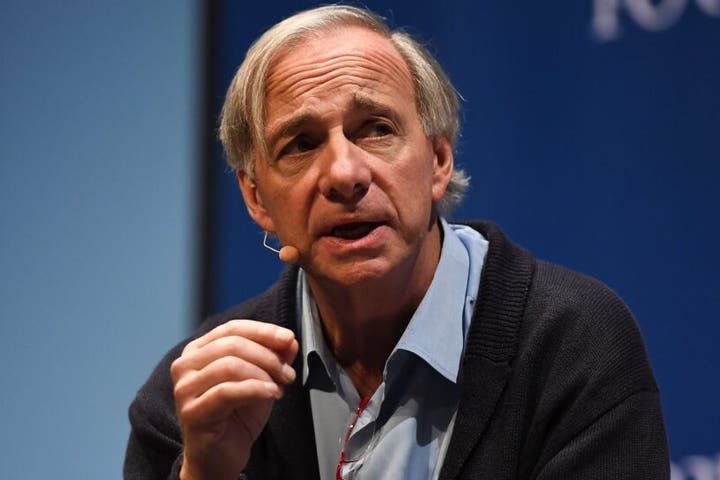
Billionaire investor Ray Dalio warned on Wednesday that President Donald Trump's latest round of tariffs could deepen "stagflation" and may never deliver on promises to revive U.S. factory floors.
What Happened: "The tariffs are being put into place as a symptom of things that are changing that will be there anyway," the Bridgewater Associates founder said in a video on X.
Dalio said the White House hopes levies will raise revenue and "develop manufacturing, which the United States needs both for employment reasons and security reasons." But he cast doubt on that outcome. "There is a belief that tariffs will bring manufacturing back to the United States, I am uncertain of that."
The hedge-fund manager argued the world is shifting from decades of free-flowing capital and goods to "a more controlled world" where production is no longer done by the most efficient producer. "That creates less efficiency in the goods and services markets … and in the capital markets," he said, adding the result is "higher inflation and slower growth — more stagflation."
Why It Matters: Dalio's view echoes recent forecasts from J.P. Morgan and the OECD showing tariff-driven supply shocks shaving more than a point off global growth next year.
Trump's "reciprocal tariffs," which could reach 70% on some imports, are already rattling markets. Investors fear a replay of 2018's trade war, analysts told The Australian. Harvard economists estimate the April round alone could trim U.S. GDP by 1.4 percentage points in 2025.
Dalio has been sounding alarms for months, telling his X followers that tariffs are "too late" to fix de-globalization and risk leaving the U.S. "bypassed by the rest of the world." He’s also pointed out that the ballooning federal debt plus higher import costs will trigger "big, painful disruptions."
Trump argues import taxes will bankroll domestic tax cuts and force trading partners to negotiate. Yet critics say higher prices for inputs like steel already threaten U.S. exporters. Dalio called the policy shift "theoretical" and said whether it truly boosts American factories "is still a question mark."
Read next:
Image via Shutterstock







